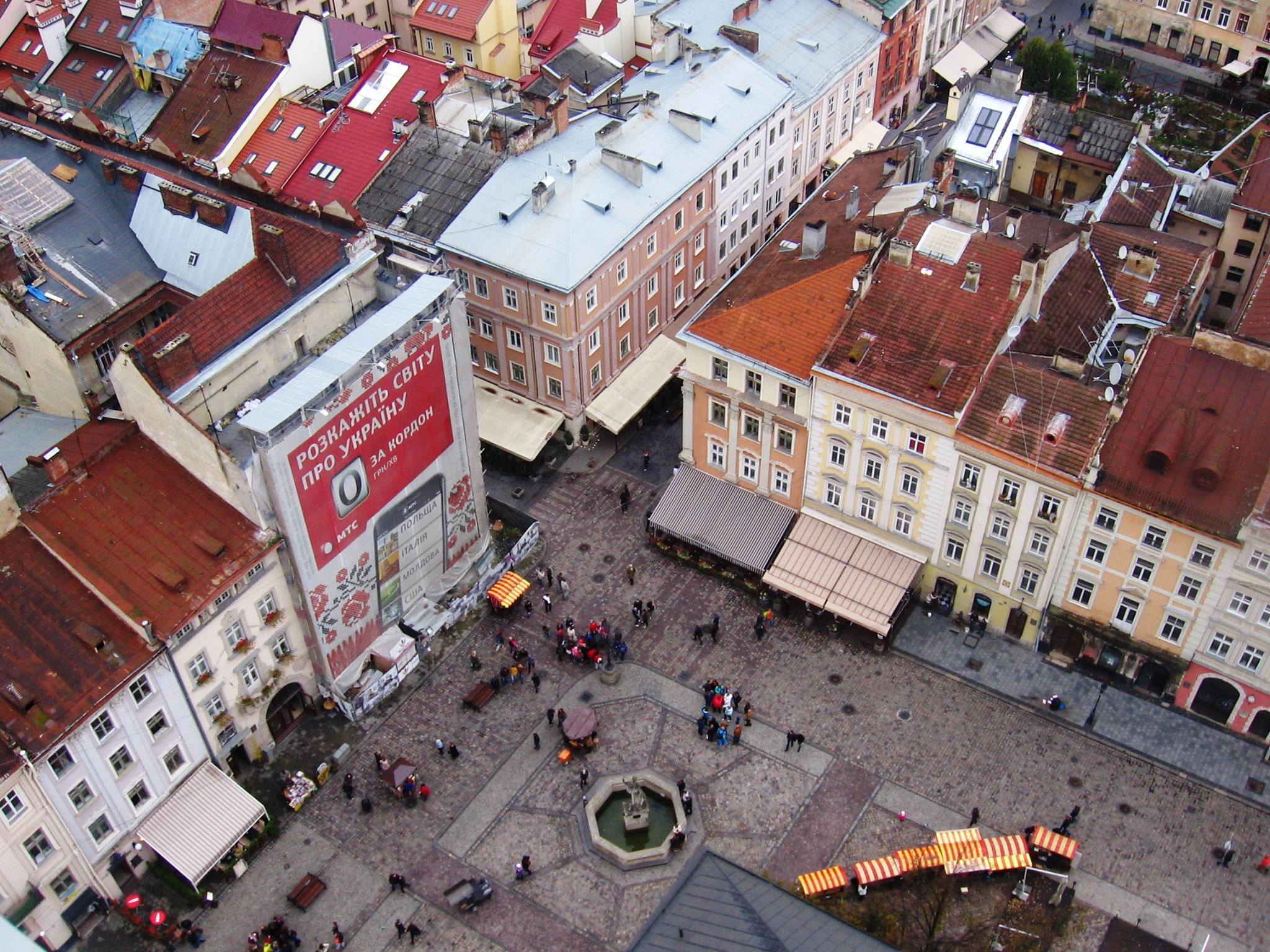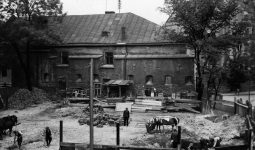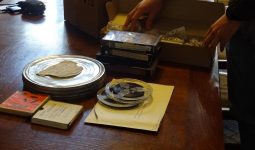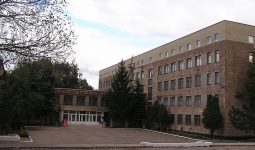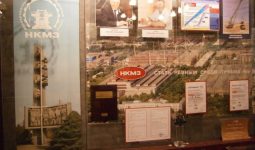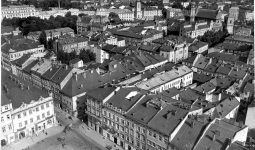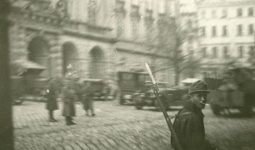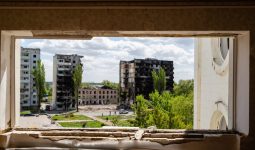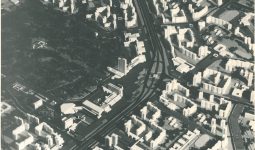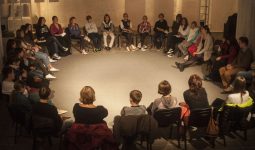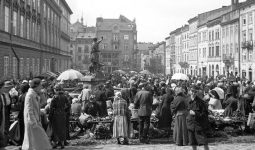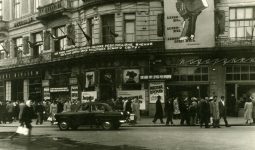Status and Key Challenges of Cultural Heritage in Lviv and Uman
Dr. Alla Marchenko
The topic that brings together a number of sociological research within the project "ReHERIT: Shared Responsibility for Common Heritage" is cultural heritage of Uman and Lviv. Both cities have certain cultural value for Polish, Jewish, and Ukrainian history. At the same time, there is a notable focus of local heritage experts on the Ukrainian component only. Whereas in Lviv, there is certain experience of dealing with cultural heritage, Uman shows huge capacity to discover its rich local history. The concept "shared" allows to identify underinvestigated, ambiguous and sensitive aspects in managing cultural heritage, to reflect upon them, and include them as a resource of each city’s development.
In terms of methods, the project combines qualitative (focus groups and in-depth expert interviews) and quantitative methods (representative mass survey of inhabitants of Uman and Lviv). In addition, the project uses the method of online surveyl for visitors of Lviv and Uman.
The research objective was to identify specifics of challenges in managing cultural heritage of Lviv and Uman. The research focused on the following levels: 1) expert conceptualization of available practices in the area of cultural heritage, key themes, and issues, 2) public opinion of inhabitants of the cities on significance of cultural heritage and its major problems, 3) identification of key challenges connected to local heritage by the visitors of each city. The expert community included those professionally working with local heritage: at schools, universities, and museums, during guided tours, in NGOs, and in local administrations.
Important aspects for the research were connected to the events and personalities of Lviv and Uman, the most visible sites and communities on the cultural map of the cities, and general stereotypes about "Us" and "Them". In Uman, special focus was made upon the perception of the Hasidic pilgrimage by the locals and tourists.
The "ReHERIT" project lasts for two years (2018-2020). Research within the project is planned in two phases: from the analysis of current problems and providing recommendations (2018-2019) to tracing the first changes and new opportunities (2019-2020).
Research findings in 2018-2019:
The reports in PowerPoint format for Lviv and Uman: two detailed reports ("quantitative" and "qualitative" research) in each city for professional audience, two adapted presentations for general public interested in the topic, and two documents on the online survey for visitors of cities.
• Research on cultural heritage of Lviv 2018 (qualitative)
• Survey on cultural heritage of Lviv 2018 (quantitatve)
• Research on cultural heritage of Uman 2018 (qualitative)
• Survey on cultural heritage of Uman 2018 (quantitatve)
• Adapted presentation on research findings in Lviv 2018-2019
• Adapted presentation on research findings in Uman 2018-2019
• Online survey of Uman tourists 2019
• Online survey of Lviv tourists 2018
The research is conducted by the Center for Urban History of East Central Europe in partnership with the Ukrainian Center for Public Opinion Research "Socioinform".
The research coordinator from the Center for Urban History of East Central Europe is Alla Marchenko, Ph.D. Candidate at the Institute of Philosophy and Sociology of the Polish Academy of Sciences (Warsaw). For more details about the research contact Alla Marchenko at: a.marchenko@lvivcenter.org
Related publications and presentations
Publications:
Alla Marchenko. How Lviv and Uman citizens perceive cultural heritage around them. - Zaxid.net
Presentations:
• Alla Marchenko. "’Vernacular’ and ‘Official’ Memories beyond Annual Hasidic Pilgrimages in Uman" / Summer Convention of the Association of Slavic, Eastern European and Eurasian Studies in Zagreb (Croatia), 14-16 June 2019.
• Alla Marchenko. "In the Eyes of Uman Inhabitants: Local Jewish History and Hasidic Pilgrimages" / Third Annual Conference of Memory Studies Association in Madrid (Spain), 25-28 June 2019.
Credits
Сover Image: Lviv, Rynok square. Photo courtesy of Alla Marchenko
